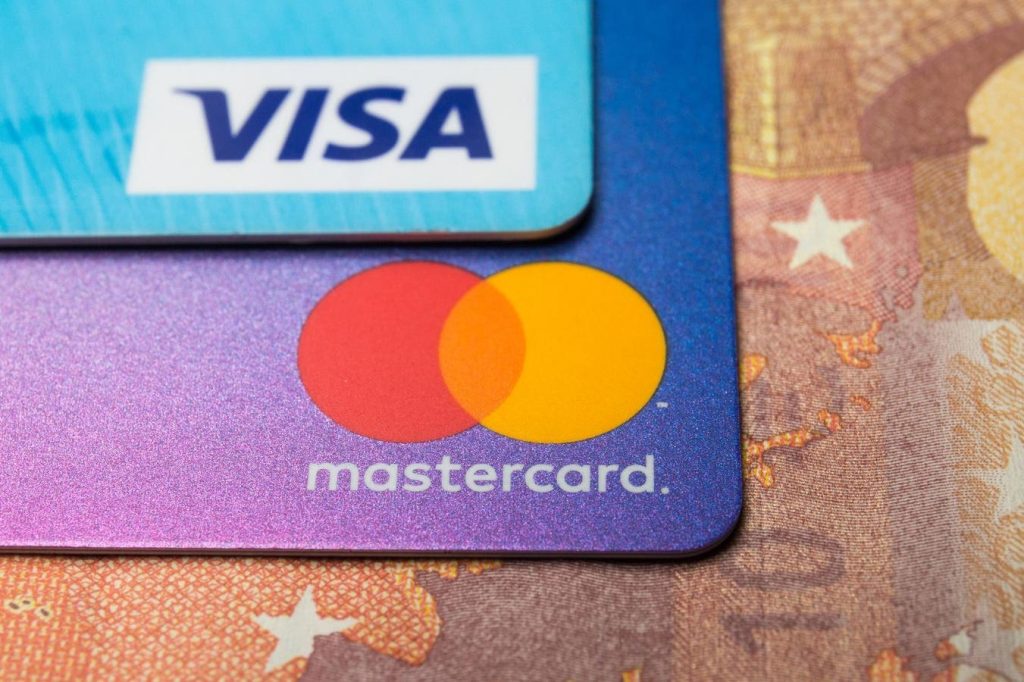A recent $30 billion settlement between Visa and Mastercard and a class of US merchants is causing a stir in the payments industry. While this amount may seem significant, when spread out over five years in a trillion-dollar market, the impact may not be as big as it seems. Interestingly, the merchants who are least likely to benefit from this settlement are small and medium-sized businesses. The main focus of the settlement is on reducing and capping interchange rates, which will primarily affect the card issuing banks rather than the networks themselves.
The winners in this settlement are large enterprise merchants who negotiate interchange plus pricing and could see reduced interchange rates as early as 2025. They also gain the ability to charge a premium for certain cards and have more control over which cards they accept. Additionally, the removal of restrictions on merchants’ rights to organize buying groups could give them more bargaining power. On the other hand, payment service providers who primarily service SMBs with bundled pricing may not see the same economic benefits.
Consumers may end up losing in this settlement, as they could face increased complexity and potential surcharges when using certain credit cards. While consumers have enjoyed rewards programs funded by interchange fees, they may now have to navigate various payment options at checkout. There is also language in the settlement that allows merchants to disable specific digital wallets, potentially affecting Big Tech companies like Apple and Google.
The settlement provides more choice and optionality for both consumers and merchants, which can be seen as both good and bad news. Payment optimization efforts and payment orchestration are becoming increasingly important in the evolving landscape of payments. Data-driven and adaptive merchants are best positioned to take advantage of these changes. This settlement, combined with advancements in technology and regulatory changes, sets the stage for continued innovation and evolution in the payments industry.
Moving forward, companies will need to test, adapt, react, and iterate to stay ahead in the payments industry. The rise of fintech and the increasing emphasis on data and technology will continue to shape the future of payments. Merchants of all sizes have the opportunity to take back control and shape their destiny in this rapidly changing landscape. The payments industry is just getting started, and the potential for growth and innovation is both daunting and exciting.


